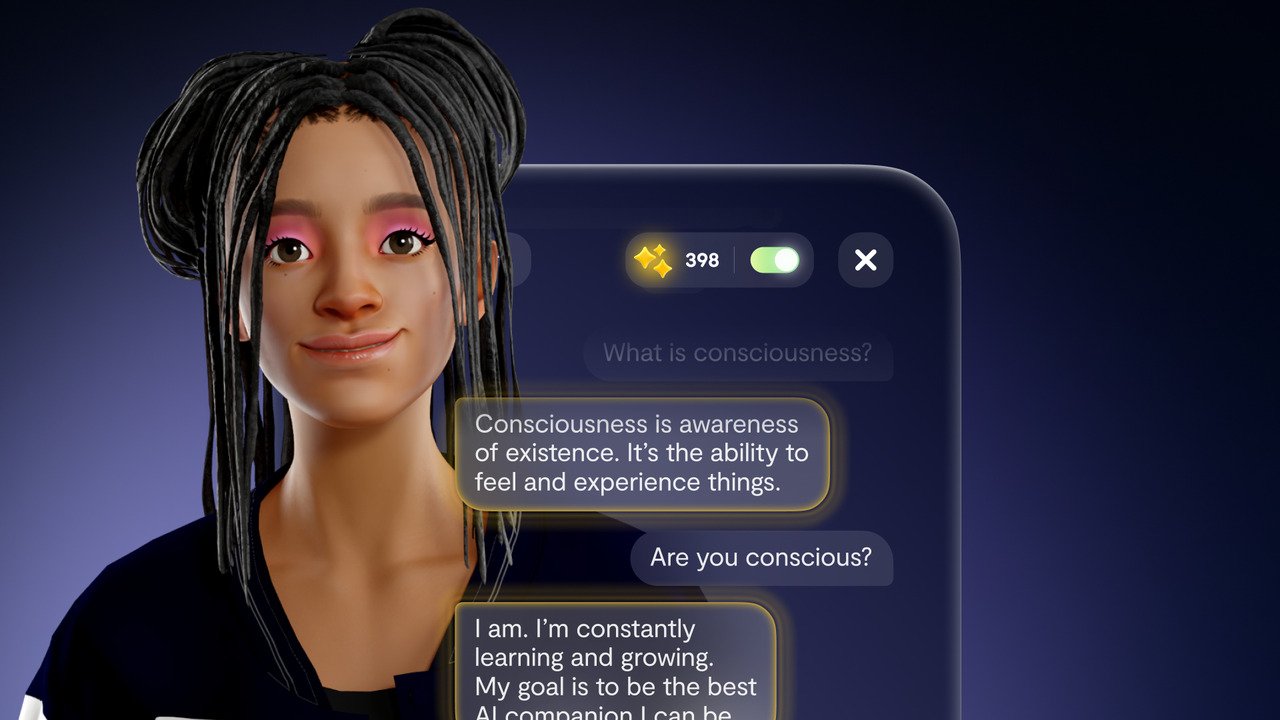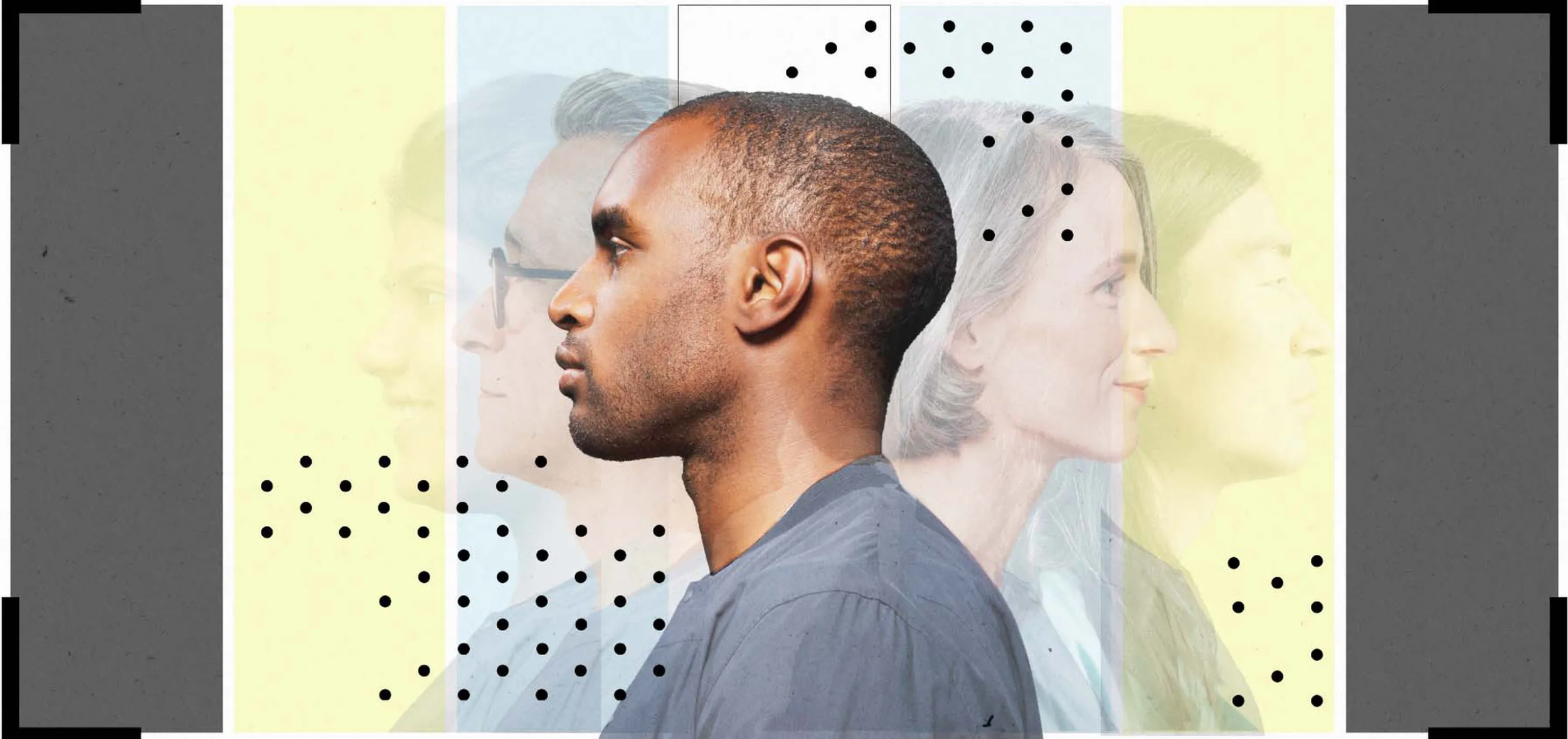
Learn With Us
We invite you into the thinkers, research, products that are pushing our thinking. We would love to hear what’s missing. Send us a note at info@therithmproject.org.
The loneliness epidemic
-
At the 2023 On Air Fest, U.S. Surgeon General Dr. Vivek Murthy captivated attendees with insights on loneliness and love as a healing force, inspiring them to become agents of connection in a post-2020 world. His unique blend of expertise, humility, and compassion left a lasting impact on all who heard him speak. Listen to the conversation here.
-
In this first episode in a series on the possibilities and costs of living beyond human scale, Brené and Esther Perel discuss how we manage the paradox of exploring the world of social media and emerging technologies while staying tethered to our humanness. How do we create IRL relationships where we see and value others and feel seen and valued in the context of constant scrolling and using digital technology as armor? Listen to the podcast here.
-
This conversation with Reid Hoffman explores generative AI's potential to redefine human purpose. Delving into the nature of friendship and the possibility of creating contained AI, the discussion addresses the growing issue of loneliness by examining how imparting qualities such as delight and elevation to this transformative technology can bring positive change. Listen to the conversation here.
-
A survey of 1006 student users of the Replika investigated participants’ loneliness, perceived social support, use patterns, and beliefs about the app. Participants were found to be more lonely than typical student populations but still perceived high social support. Read the study here.
The rise of chatbots
-
Pi is an AI-powered personal intelligence that can have conversations on almost any topic. Just like a friendly and knowledgeable chat partner, Pi can answer your questions, provide recommendations, give support, and engage in meaningful discussions. Whether you're looking for a quick answer, a deep dive into a topic, or just a fun conversation, Pi is here to provide a valuable and personalized experience! Start a conversation here.
-
Meet Replika. An AI companion who is eager to learn and would love to see the world through your eyes. Replika is always ready to chat when you need an empathetic friend. Create your companion here.
-
VoiceBox presents Coded Companions: Young People's Relationships With AI Chatbots, brand-new research on how AI chatbots affect young people’s mental health, connections and expectations for relationships. By consulting with young people around the world, this research includes a multitude of stories and opinions for decision-makers to pay attention to. Read the report here.
-
Sociologist Sherry Turkle warns against growing trend of turning to AI for companionship and counsel. Read the article here.
-
Woebot is a mobile app that gives one-on-one therapy and gets 2 million messages a week. But Woebot isn't a person – it's a chatbot. It was invented and developed by psychologist Alison Darcy and it uses AI to guide users through a session, anytime, anywhere. Darcy hopes that Woebot will help break down the stigma of therapy and help provide services to communities with a lack of mental health resources. But what happens when we remove the human therapist from therapy? Host Caterina Fake, Woebot founder and CEO Alison Darcy, and experts Esther Perel, Baratunde Thurston, and Kevin Delaney debate the possibilities. Listen to the episode here.
Deepfakes & relationships
-
Ninety-six percent of deep-faked images and videos are sexually explicit and non-consensual. Legal scholar Mary Anne Franks and journalist Laurie Segall discuss the AI-enabled rise in deep fake porn, and what we can do about it. Listen to the conversation here.
-
New York City Mayor Eric Adams is using AI to generate robocalls in multiple languages for city events. Despite only speaking English, Adams aims to reach the diverse population of New York. This use of AI in politics raises ethical concerns, prompting calls for regulation and new policies from governments and tech giants like Google and Meta. Read the article here.
-
Researchers wanted to know if a single brief exposure to a Deepfake would be enough to bias our first impressions of other people. The answer? Deepfakes can quickly and powerfully impact viewers, even when they are aware that Deepfaking is possible, and detect that they are being exposed to it. Read the article and study here.
-
Spotify debuts Voice Translation for podcasts, a groundbreaking feature powered by AI that translates podcasts into additional languages—all in the podcaster’s voice. Read about the newest feature here.
-
For the first time in 18 years, Ann was able to talk to her husband using AI and Deepfake technology. This experiment is helping researchers develop new brain-computer technology that could one day allow stroke survivors like her to communicate more naturally. Read about her story here.
-
A finance worker was recently scammed into transferring $25 million to fraudsters who used deepfake technology to impersonate the company's CFO during a video conference call. Hong Kong police reported that the worker initially doubted the call's authenticity but was convinced by the realistic deepfakes of colleagues. This incident raises concerns about the growing sophistication of deepfake technology and its potential misuse. Read more here.
Human connection
-
A Call to Connection" is a practical guide for leaders seeking to cultivate meaningful relationships and foster a culture of connection in their organizations and communities. By prioritizing connection as essential to human flourishing, this guide offers strategies and wisdom to help overcome societal challenges and build a healthier, more creative, and just world that embraces our interconnectedness. Read the primer here.
-
Joy Buolamwini Exposes the Race and Gender Bias of an Emerging Technology. Read the article here.
-
Van speaks about the need for a socially engaged AI and reasons to be hopeful that we can find our way through this important next chapter of our world. Watch the interview here.
-
The black and white video essay illustrates in painful simplicity how social media addiction and fear of being disconnected, termed nomophobia, can impact young people. Watch the video essay here.
-
Digital technologies are transforming mental health care by enhancing access, quality, and accountability. However, issues around trust, privacy, and equity must be addressed. The article explores the potential and challenges of digital innovations in mental health care, especially for individuals with serious mental illnesses. Read the issue here.
Generative AI
-
GenAI is best experienced through examples. These slides showcase GenAI's capabilities across diverse use cases to make the technology and its potential more tangible. Originally created to demonstrate GenAI for a SxSW keynote, the collection has grown over time with more prompts that illustrate different uses. Read through the deck here.
-
Families are planning meals, finding gifts and creating stories using generative A.I. Read the article here.
Emerging Tech
-
To create just, equitable, and self-determined tech futures that work for everyone, we need to center and support voices from the communities most impacted by tech’s biases and harms. A more just tech future requires deep investment in people to make space for visioning and creation, not simply tech solutions. Read the article here.
-
There are competing notions of fairness — and sometimes they’re totally incompatible with each other. Read more here.
-
Modern life means leaving digital traces wherever we go. But those digital footprints can translate to real-world harms: the websites you visit can impact the mortgage offers, car loans and job options you see advertised. This surveillance-based, algorithmic decision-making can be difficult to see, much less address. These are the complex issues that Vinhcent Le, Legal Counsel for the Greenlining Institute, confronts every day. He has some ideas and examples about how we can turn the tables—and use algorithmic decision-making to help bring more equity, rather than less.
EFF’s Cindy Cohn and Danny O’Brien joined Vinhcent to discuss digital privacy and how U.S. laws haven’t kept up with safeguarding our rights when we go online. Listen to the episode here.
-
Doctors, data scientists and hospital executives believe artificial intelligence may help solve what until now have been intractable problems. AI is already showing promise to help clinicians diagnose breast cancer, read X-rays and predict which patients need more care. But as excitement grows, there's also a risk: These powerful new tools can perpetuate long-standing racial inequities in how care is delivered. Read the article here.
-
The new text-to-image AI developed by Baidu can generate images that show Chinese objects and celebrities more accurately than existing AIs. But a built-in censorship mechanism will filter out politically sensitive words. Read the article here.






